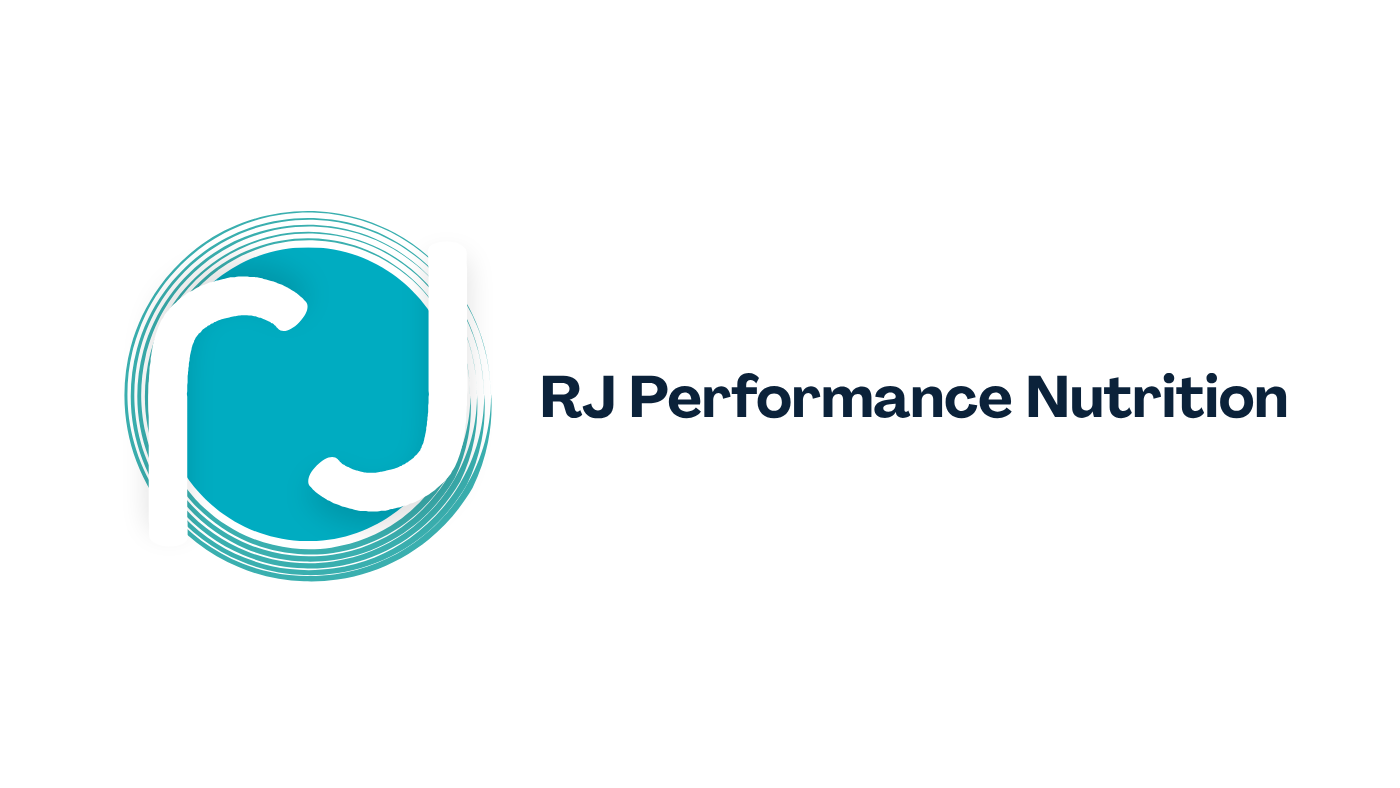Protein and endurance: fuel for recovery and adaptation.
Dietary protein is essential in providing amino acid ‘building blocks’ for muscular adaptation in response to both endurance and resistance training.
Protein nutrition is a much hypothesised but largely evolving concept for endurance sport, with potential to enhance recovery, promote training adaptations, reduce fatigue and optimise performance.
Existing evidence suggests endurance athletes typically consume 1.5g/kgBW protein daily. However, recent research suggests their protein needs are higher.
Contemporary studies (Witard et al, 2025 PMID 40117058) indicate:
• Mean protein requirements of 1.83g/kgBW/day amongst endurance athletes on training days – reflecting the increased demands for muscle repair and remodelling following high volume exercise.
• Further increased protein requirements of 1.95g/kgBW/day during similar training when undertaken with low carbohydrate availability (‘training low’) – potentially to mitigate reduced muscle protein synthesis in fasted states.
• Passive recovery days (i.e. 24hrs after endurance exercise) were associated with the highest protein requirements: >2g/kgBW/day – likely underpinned by the requirement for muscle protein repair and remodelling on a whole-body level during recovery.
What does this mean for you?
Strategies for manipulation of carbohydrate availability are increasingly popular in endurance training (i.e. intentionally undertaking some training with low carbohydrate availability). A similarly periodised approach to protein requirements, both across and within training cycles, could be beneficial in optimising training adaptations and performance.
